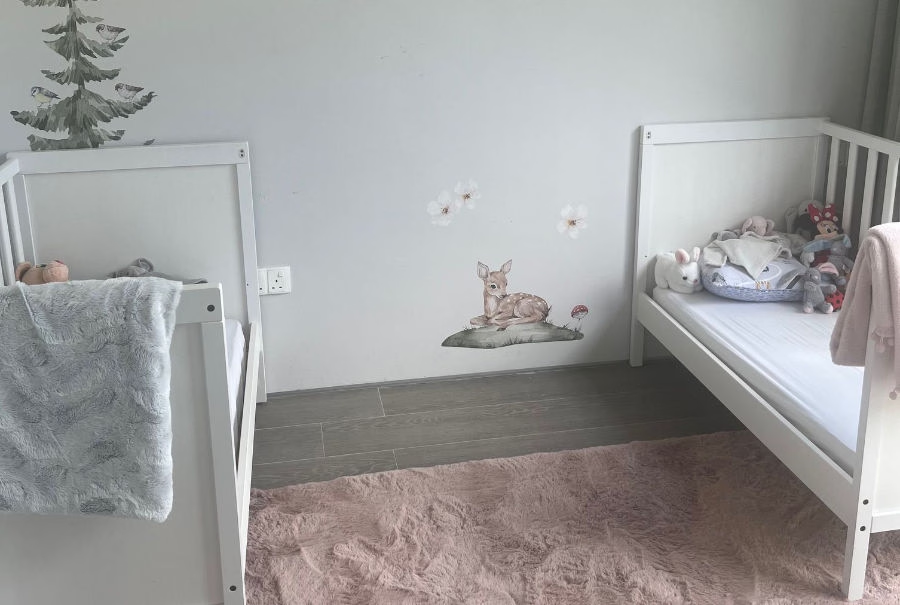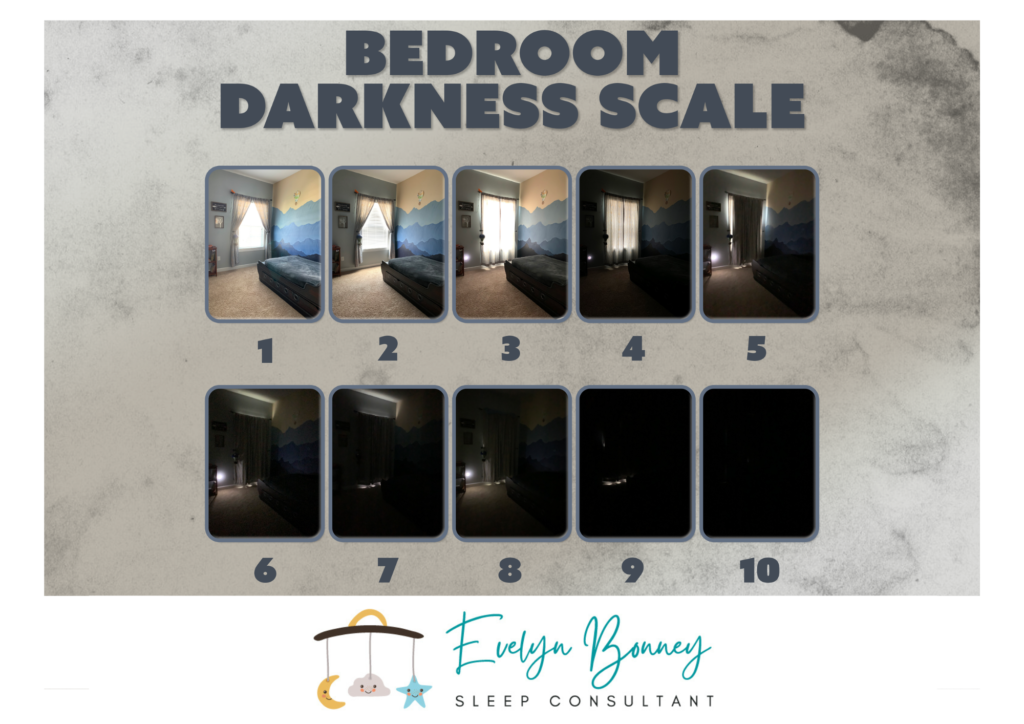Just put your baby down only for them to wake up again 40 minutes later? Many parents of young babies know this frustration all too well. So what’s going on and why does it keep happening?
What is a false start at bedtime?
A false start at bedtime is a wake-up that occurs shortly after putting your baby down for the night. It’s that moment of fleeting triumph when you manage to get your baby to sleep, only to be met with cries and protests less than an hour later. They often occur multiple times at the start of the evening and can leave us parents feeling perplexed, frustrated, and longing for a good night’s sleep
What causes false starts at bedtime?
- Over tiredness or Under tiredness: Babies, much like adults, have a sweet spot for bedtime. Putting your baby down too tired or not tired enough can lead to struggles in falling asleep or staying asleep.
- Inconsistency in Routine: Being consistent is really important as its a great way to communication what is coming next to your baby. Babies thrive on routine, and any disruptions or inconsistencies can throw them off and leave them not knowing if they are going down for the night or just another nap.
- Sleep Associations: If your baby relies on specific sleep associations, such as being rocked or fed to sleep, they may struggle to transition between sleep cycles without the same conditions. This can cause them to wake up after only short interval when they are transitioning between sleep cycles.
- Developmental Milestones: Learning new skills or reaching developmental milestones can impact sleep patterns. Your baby may be practicing new movements or skills during sleep, contributing to more wakeful periods.
How do we prevent false starts?
We need to work out why the false stats are happening through an elimination process. This can mean a bit of trial and error but worth it in the long run!
- Day time sleep needs and stimulation: How long your baby can stay awake and what they are doing during that awake time is supper important. False starts can be a really good indication that we need to increase the awake time for baby between naps. Additionally, if they are not well stimulated during their awake time they won’t build enough sleep pressure can have short naps and false starts.
- Establish a Consistent Bedtime Routine: Create a calming bedtime routine that signals to your baby that it’s time to wind down. Doing the same thing every night will help your baby understand its bedtime and not just another short nap!
- Encourage an independent sleep skill: Gradually reduce sleep associations and encourage self-soothing. This can be a gradual process especially with small babies but is a really important part of getting older babies to consolidate longer periods of sleep and stop having false starts.
- Optimise Sleep Environment: Ensure the sleep space is conducive to rest – comfortable, dark, and quiet. Address any potential discomfort, such as teething pain or a wet diaper, before putting your baby down.
With a holistic approach, that takes into account each child’s individual needs, false starts can be a thing of the past! MOST of the time they can be solved with a change in day time structure and a move towards a more independent sleep skill.
Reach out for her and support!
Sleep well




